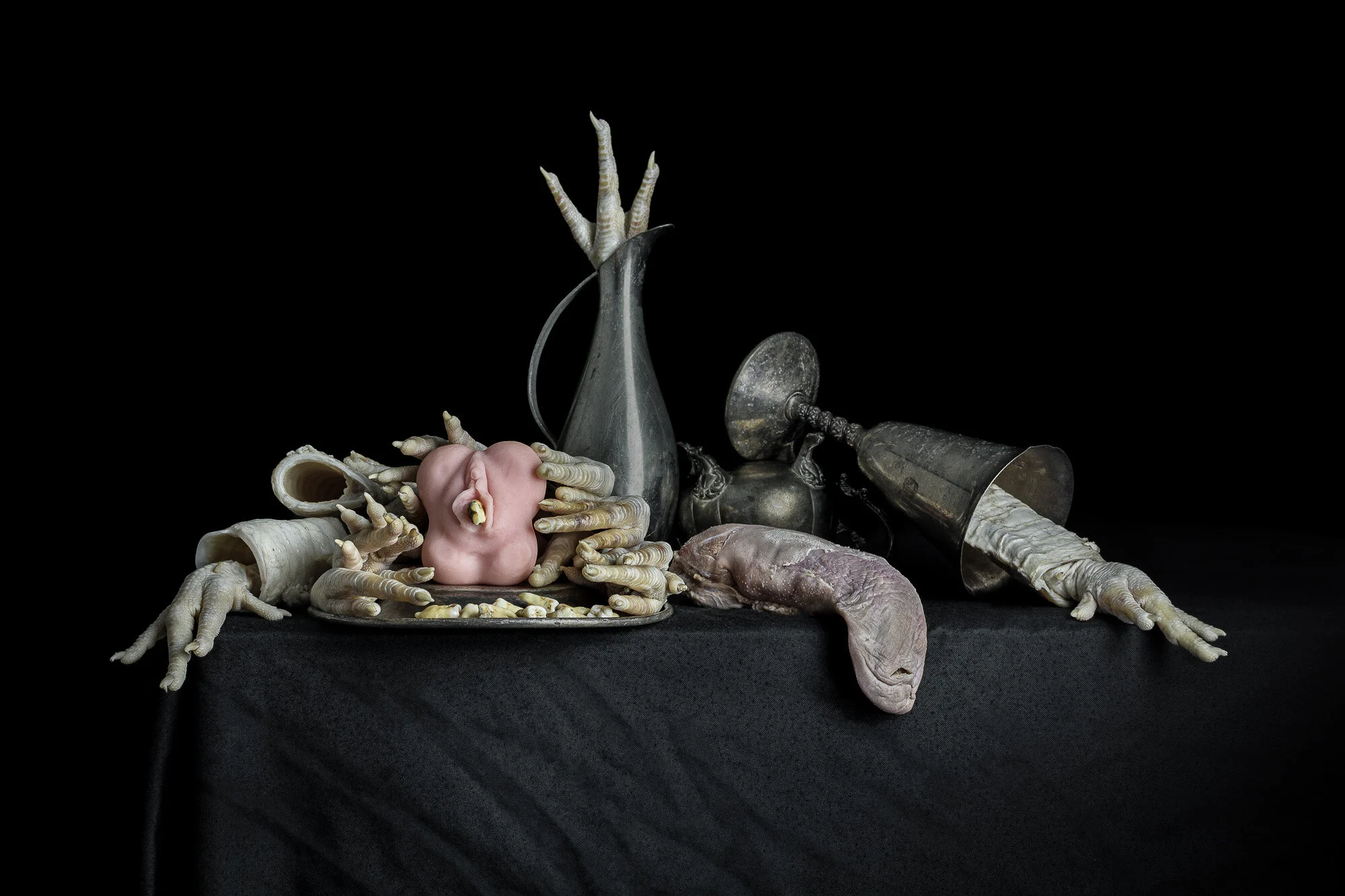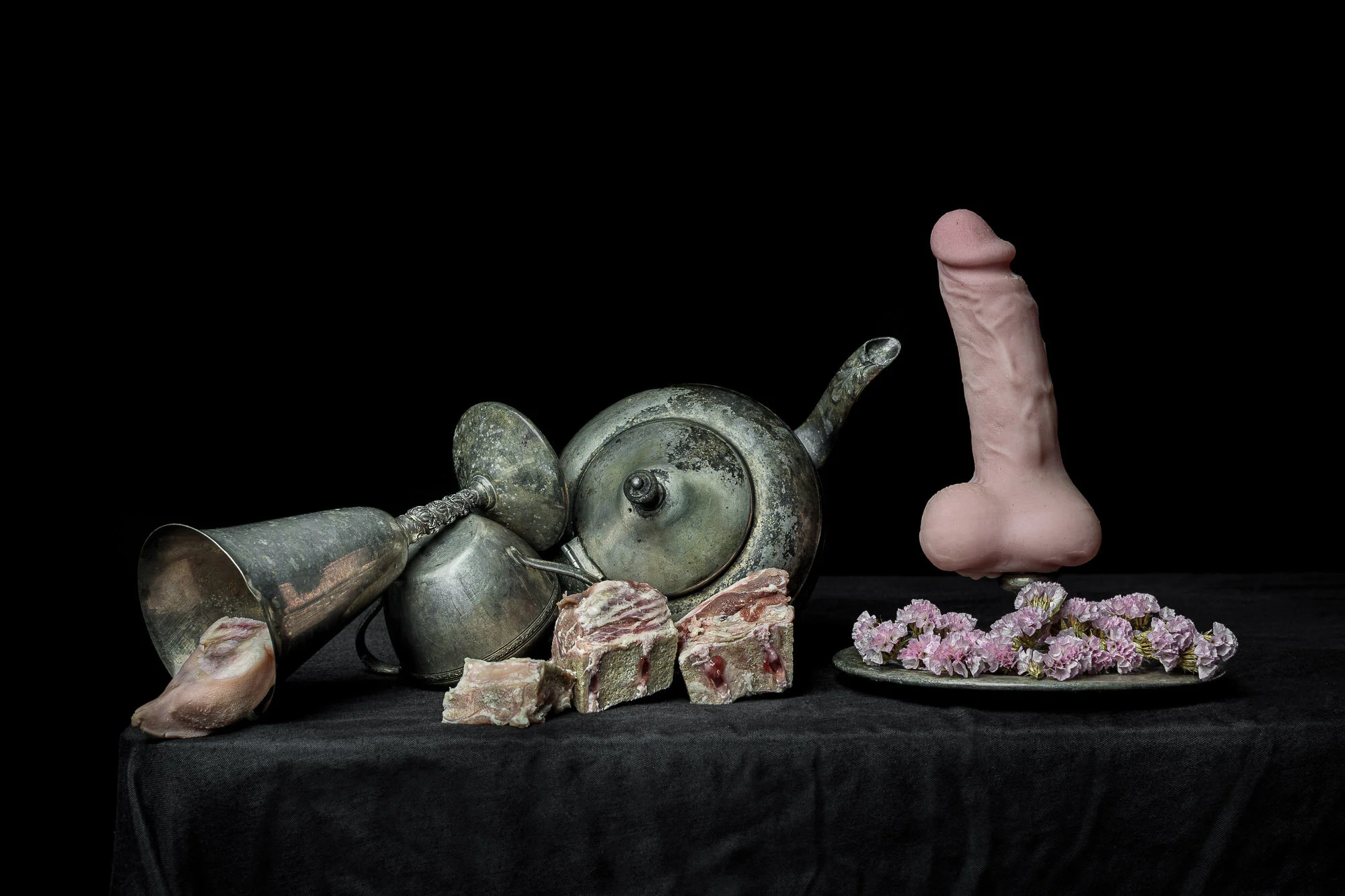Pleasure is Fleeting
In his 1628 painting, Vanitas with Violin and Glass Ball, the Dutch master Pieter Claesz depicts a beautiful violin, tossed carelessly atop a pile of old books and writing implements.
An overturned glass, drained to the last drop, is placed precariously in the foreground, suggesting uncertainty and instability.
Vanitas with Violin and Glass Ball (Claesz)
A pocket watch sits on the table, back cover opened, as if one might come to understand the arrow of time by scrutinizing the gears within.
In the background, nearly concealed by the violin and partially out of frame, rests the key to decoding this image: a human skull.
Claesz’s painting isn’t just a haphazard collection of items laid on a table, it is a lament about the ephemeral nature of pleasure in the face of certain death.
Books, music, paintings…
All the evocative beauty of these pursuits, all the emotional resonance wrapped up in the creation/consumption of art…
All this will come to pass.
Vanitas with Dildo and Bone
“Vanity of vanities,” begins the book of Ecclesiastes. “All is vanity.”
The sense of the word “vanity” here is not “you’re so vain.” It’s “this was done in vain.” In some translations, the words of the preacher are more straightforward: “all is meaningless.” The Dutch tradition of Vanitas paintings draw their philosophy from this sentiment. In this image, Claesz wants us to reflect upon the meaninglessness of pleasure in the face of certain death. Indeed, the artist even implicates himself in this work: reflected back in the glass sphere we see Claesz himself, creating the painting—a curious meta-narrative that evokes the vanity of reflecting upon vanity.
It seems clear to me that this painting is not only a commentary on the pleasures of music, it is a lament about the ephemeral nature of all bodily pleasures. In a more modern—and less conservative—context, it seems natural to also include sexual pleasures into this lamentation.
Vanitas with Dildo, Flower, and Chicken Feet
In this series of Vanitas compositions, I arranged a sex toy (an easily-recognized symbol of eroticism and bodily pleasure) amongst a collection of animal carcasses and human teeth (reminders of death and transience). Tipped cups suggest instability; withered flowers remind us that beauty fades; groping fingers and rotting tongues cast the sexual experience in a grim and mournful light.
As I composed these images I was conscious of the danger of coming off as sex-negative. This is not my intention—these works are not in any way intended as an indictment of sex or masturbation or dildos. Nor do I think Claesz’s painting could be coherently interpreted as being “music negative” or “art negative.” Claesz was an artist himself—he understood deeply the power and beauty and importance of art and music. But he also understood that, ultimately, these are fleeting experiences. He understood the inherent tragedy of the human condition—we do not carry our songs with us to the grave.
I indent these works in an analogous manner…
Sexuality is beautiful and powerful and important.
But, in the end, all pleasure is fleeting…




